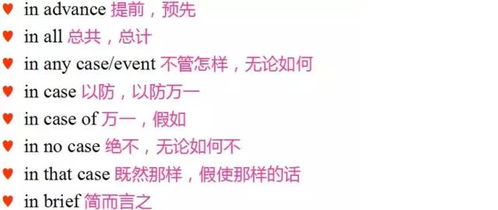1. have difficulty (in) doing something
(介词 in 可省略,后接动名词)

例句:
She has difficulty (in) understanding the local accent.
I had no difficulty (in) solving the math problem.
2. have trouble doing something
(更口语化,直接接动名词)
例句:
He has trouble sleeping at night.
Did you have trouble finding the address?
3. struggle with something / struggle to do something
(强调努力克服困难,后接名词或不定式)
例句:
Many students struggle with grammar rules.
They struggled to finish the project on time.
4. find it hard/difficult to do something
(后接不定式,强调主观感受)
例句:
I find it hard to focus in a noisy environment.
She found it difficult to adapt to the new culture.
5. have a hard time doing something
(口语化表达,后接动名词)
例句:
We had a hard time convincing him to stay.
Are you having a hard time keeping up with the class?
6. encounter difficulties (in) doing something
(较正式,后接动名词或名词)
例句:
The team encountered difficulties in securing funding.
They faced unexpected difficulties during the experiment.
注意事项:
✅ 正确结构:
have difficulty/trouble/a hard time + doing
struggle/find it hard + to do
❌ 常见错误:
避免错误搭配如 have difficulty to do(✖️) → 应改为 have difficulty doing(✔️)
根据语境选择合适的短语,日常口语推荐 have trouble 或 have a hard time,正式写作可用 encounter difficulties 或 struggle with。


